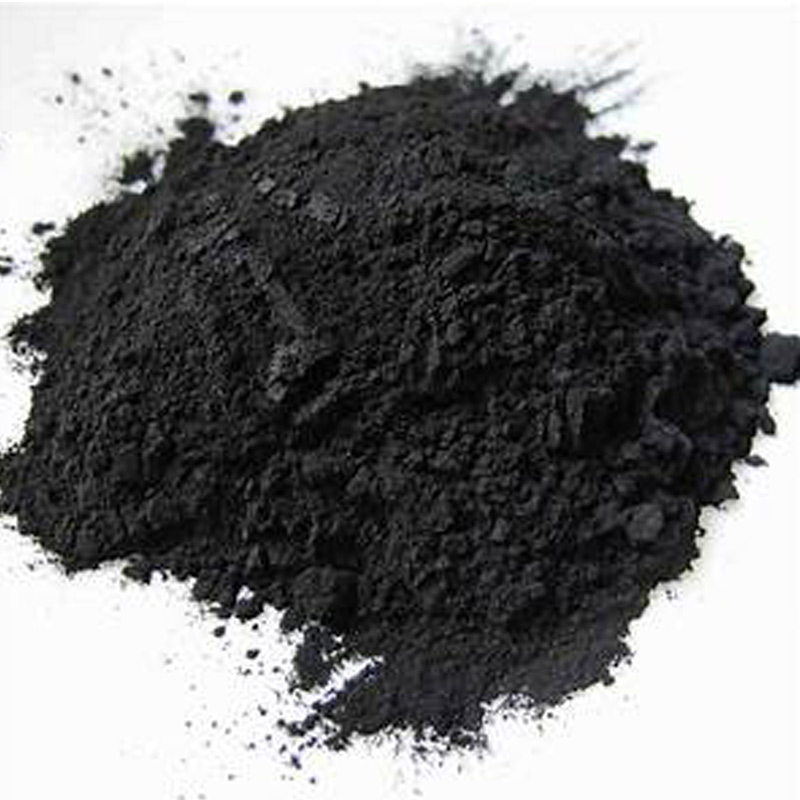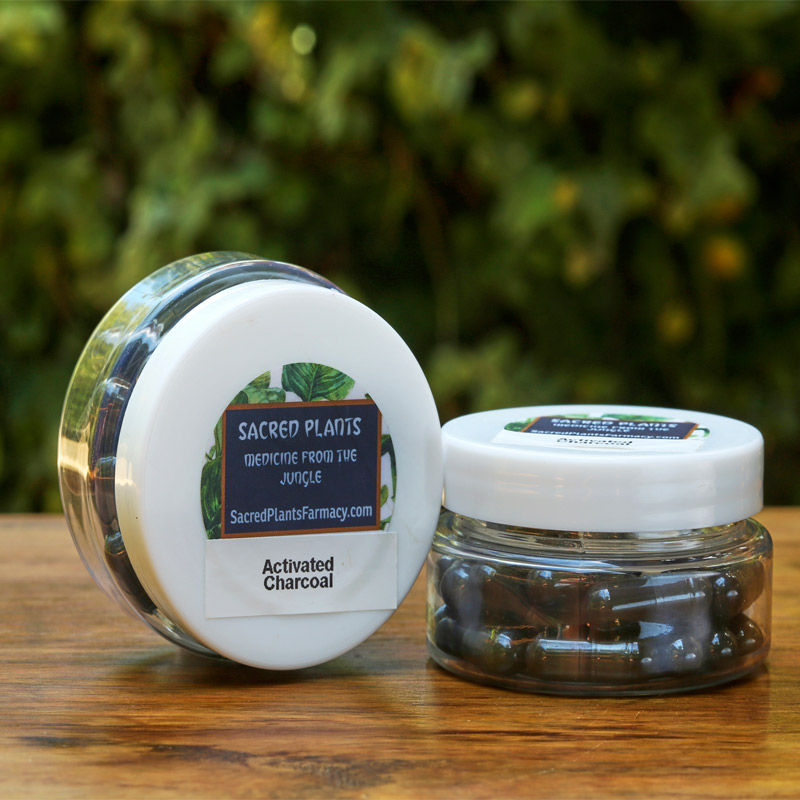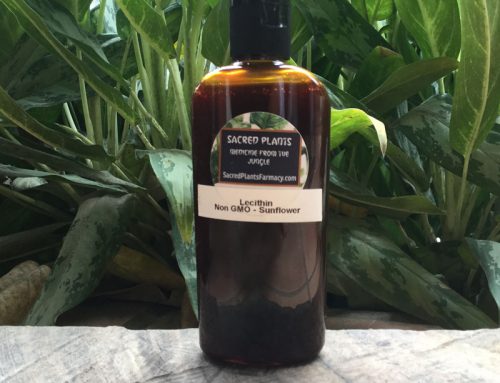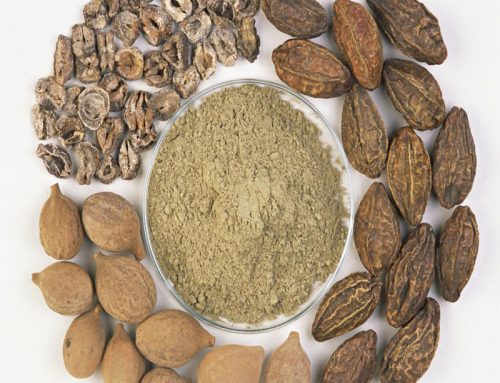- Traps toxins and prevents their absorption
- Emergency room poison treatment
- Promotes kidney function
- Reduces symptoms of “fish odor syndrome”
- Reduces cholesterol
- Gas reduction
- Water filtration
- Tooth whitening
- Hangover prevention
- skin treatment for acne, insect and snake bites
Activated charcoal
Activated charcoal was once considered the universal antidote (1Trusted Source).
Nowadays, it continues to be promoted as a potent natural treatment.
It has a variety of proposed benefits, ranging from lowering cholesterol to whitening teeth and curing hangovers.
This article takes a detailed look at activated charcoal and the science behind its purported benefits.
What Is Activated Charcoal?
Activated charcoal is a fine black powder made from bone char, coconut shells, peat, petroleum coke, coal, olive pits or sawdust.
The charcoal is activated by processing it at very high temperatures. The high temperatures change its internal structure, reducing the size of its pores and increasing its surface area (1Trusted Source).
This results in a charcoal that is more porous than regular charcoal.
Activated charcoal shouldn’t be confused with charcoal briquettes that are used to light your barbecue.
While both can be made from the same base materials, charcoal briquettes have not been activated at high temperatures. Moreover, they contain additional substances that are toxic to humans.
SUMMARY:
Activated charcoal is a type of charcoal that’s processed to make it more porous. This porous texture is what distinguishes it from other types of charcoals, including the type used for barbecuing.
How Does Activated Charcoal Work?
Activated charcoal works by trapping toxins and chemicals in the gut, preventing their absorption (2Trusted Source).
The charcoal’s porous texture has a negative electrical charge, which causes it to attract positively charged molecules, such as toxins and gases. This helps it trap toxins and chemicals in the gut (2Trusted Source).
Because activated charcoal is not absorbed by your body, it can carry the toxins bound to its surface out of your body in feces.
SUMMARY:
Activated charcoal’s negatively charged, porous texture helps trap toxins, preventing your body from absorbing them.
Activated Charcoal as an Emergency Poison Treatment
Thanks to its toxin-binding properties, activated charcoal has a variety of medical uses.
For instance, activated charcoal is often used in cases of poisoning.
That’s because it can bind a wide variety of drugs, reducing their effects (1Trusted Source). In humans, activated charcoal has been used as a poison antidote since the early 1800s (1Trusted Source).
It may be used to treat prescription drugs overdoses, as well as overdoses of over-the-counter medications like aspirin, acetaminophen and sedatives (5Trusted Source, 6Trusted Source).
For instance, studies show that when a single dose of 50–100 grams of activated charcoal is taken within five minutes of drug ingestion, it may reduce drug absorption in adults by up to 74% (1Trusted Source).
This effect decreases to around 50% when the charcoal is taken 30 minutes after drug ingestion and 20% if it’s taken three hours after the drug overdose (7Trusted Source).
The initial dose of 50–100 grams is sometimes followed by two to six doses of 30–50 grams every two to six hours. However, this multiple dosage protocol is used less often and may only be effective in a limited number of poisoning cases (8Trusted Source, 9Trusted Source).
It’s important to note that activated charcoal is not effective in all cases of poisoning. For instance, it appears to have little effect on alcohol, heavy metal, iron, lithium, potassium, acid or alkali poisonings (1Trusted Source, 2Trusted Source).
What’s more, experts warn that activated charcoal shouldn’t be routinely administered in all cases of poisoning. Rather, its use should be considered on a case-by-case basis (7Trusted Source).
SUMMARY:
Activated charcoal can bind a variety of drugs and toxins, preventing their absorption into the body. It’s often used as an anti-poison treatment or to treat drug overdoses.
May Promote Kidney Function
Activated charcoal may help promote kidney function by reducing the number of waste products that the kidneys have to filter.
This could be particularly beneficial in patients suffering from chronic kidney disease, a condition in which the kidneys can no longer properly filter waste products.
Healthy kidneys are normally very well equipped to filter your blood without any additional help. However, patients suffering from chronic kidney disease generally have a harder time removing urea and other toxins from the body.
Activated charcoal may have the ability to bind to urea and other toxins, helping your body eliminate them (10Trusted Source).
Urea and other waste products can pass from the bloodstream into the gut through a process known as diffusion. In the gut, they become bound to activated charcoal and excreted in the feces (11Trusted Source).
In humans, activated charcoal has been shown to help improve kidney function in those suffering from chronic kidney disease ( 12Trusted Source).
In one study, activated charcoal supplements may have helped lower blood levels of urea and other waste products in patients with end-stage kidney disease (11Trusted Source).
That said, the current evidence is weak, and more high-quality studies are needed before strong conclusions can be made.
SUMMARY:
Activated charcoal may help improve kidney function by promoting the elimination of toxic waste products. This may be particularly useful in cases of kidney disease, but more studies are needed.
Reduces Symptoms of Fish Odor Syndrome
Activated charcoal may help reduce unpleasant odors in individuals suffering from trimethylaminuria (TMAU), also known as fish odor syndrome.
TMAU is a genetic condition in which trimethylamine (TMA), a compound with an odor similar to that of rotting fish, accumulates in the body.
Healthy individuals are usually able to convert fishy-smelling TMA into a non-smelly compound before excreting it in urine. However, people with TMAU lack the enzyme needed to perform this conversion.
This causes TMA to accumulate in the body and make its way into urine, sweat and breath, giving rise to a foul, fishy odor (13Trusted Source).
Studies show that activated charcoal’s porous surface may help bind small odorous compounds like TMA, increasing their excretion.
One small study in TMAU patients analyzed the effects of supplementing with 1.5 grams of charcoal for 10 days. It reduced TMA concentrations in the patients’ urine to levels found in healthy individuals (14Trusted Source).
These results seem promising, but more studies are needed.
SUMMARY:
Activated charcoal appears to bind small odorous compounds such as TMA. This may reduce smelly symptoms for those suffering from fish odor syndrome.
May Reduce Cholesterol Levels
Activated charcoal may also help reduce cholesterol levels.
That’s because it can bind cholesterol and cholesterol-containing bile acids in the gut, preventing the body from absorbing them (15Trusted Source, 16Trusted Source).
In one study, taking 24 grams of activated charcoal per day for four weeks lowered total cholesterol by 25% and bad LDL cholesterol by 25%. Good HDL cholesterol levels also increased by 8% (17Trusted Source).
In another study, taking 4–32 grams of activated charcoal daily helped reduce total and bad LDL cholesterol by 29–41% in those with high cholesterol levels (18Trusted Source).
In this study, the larger dosages of activated charcoal seemed the most effective.
Similar results were reported in most, but not all, studies (19Trusted Source, 20, 21).
However, it’s interesting to note that all studies related to this topic were conducted in the 1980s. More recent studies would help confirm the link.
SUMMARY:
Activated charcoal seems to help reduce cholesterol levels. However, more recent studies may help strengthen this conclusion.
Other Uses
Activated charcoal is also a popular home remedy with multiple uses, though it’s important to note that not all of these are supported by science.
Its most well-known home uses include:
- Gas reduction: Some studies report that activated charcoal may help reduce gas production following a gas-producing meal. It may also help improve the odor of gas. However, not all studies observed this benefit (22, 23Trusted Source).
- Water filtration: Activated charcoal is a popular way to reduce heavy metal and fluoride content in water. However, it doesn’t appear to be very effective at removing viruses, bacteria or hard water minerals (4, 24, 25Trusted Source).
- Tooth whitening: Using activated charcoal to brush your teeth is anecdotally said to whiten them. It’s said to do so by absorbing plaque and other teeth-staining compounds. However, no studies could be found to support this claim.
- Hangover prevention: Activated charcoal is sometimes used as a hangover cure. While consuming it with alcohol may reduce blood alcohol levels, its effects on hangovers haven’t been studied (26Trusted Source).
- Skin treatment: Applying this charcoal to the skin is touted as an effective treatment for acne and insect or snake bites. However, only anecdotal reports could be found on this topic.
SUMMARY:
Activated charcoal has various popular home uses. However, only gas reduction and water filtration are supported by science.
Is Activated Charcoal Safe?
Activated charcoal is considered safe in most cases, and adverse reactions are said to be infrequent and rarely severe.
That said, it may cause some unpleasant side effects, the most common of which are nausea and vomiting.
In addition, constipation and black stools are two other commonly reported side effects (27Trusted Source).
When activated charcoal is used as an emergency antidote for poison, there’s a risk that it can travel into the lungs, rather than the stomach. This is especially true if the person receiving it vomits or is drowsy or semi-conscious.
Because of this risk, activated charcoal should only be given to individuals who are fully conscious (1Trusted Source, 27Trusted Source).
Moreover, activated charcoal may worsen symptoms in individuals with variegate porphyria, a rare genetic disease affecting the skin, gut and nervous system (28Trusted Source).
Also, in very rare cases, activated charcoal has been linked to bowel blockages or holes (27Trusted Source).
It’s worth mentioning that activated charcoal may also reduce the absorption of certain medications. Therefore, individuals taking medications should consult their healthcare professional prior to taking it (1Trusted Source).
SUMMARY:
Activated charcoal is generally considered safe, but it may cause unpleasant symptoms or side effects in some people. It may also interfere with some medications.
Dosage Instructions
Those interested in trying activated charcoal can find a wide selection of it on Amazon. Make sure to follow dosage instructions similar to those used in the studies mentioned above.
In the case of drug poisoning, it’s important to seek medical help immediately.
A dosage of 50–100 grams can be administered by a medical professional, ideally within an hour of the overdose. Children normally receive a lower dose of 10–25 grams (8Trusted Source).
Dosages for other conditions range from 1.5 grams to treat fishy odor disease to 4–32 grams per day to lower cholesterol and promote kidney function in end-stage kidney disease (11Trusted Source, 14Trusted Source, 17Trusted Source).
Activated charcoal supplements can be found in pill or powder forms. When taken as a powder, activated charcoal may be mixed with water or a non-acidic juice.
Also, increasing your water intake may help prevent symptoms of constipation.
SUMMARY:
The dosage instructions above may help you maximize the benefits of activated charcoal supplements.
The Bottom Line
Activated charcoal is a supplement with a variety of uses.
Interestingly, it may have the potential to lower cholesterol, treat poisoning, reduce gas and promote kidney function.
However, the studies supporting these benefits tend to be weak, and many of the other benefits linked to activated charcoal are not supported by science.
Keep this in mind when deciding whether to give activated charcoal a try.






